Thom Darden has held a special part of Cleveland history for over four decades.
Darden, who played safety for the Browns for 10 seasons from 1972-81, is the franchise's interceptions leader with 45 picks for 850 yards and two touchdowns. He is also tied for the single-season interception record with 10 picks in 1978 and was one of the most feared defensive backs to play for the "Kardiac Kids" of 1980.
The Browns were always the perfect team for Darden, a Sandusky native who was drafted 18th overall by Cleveland in the 1972 draft.
"Cleveland is a big part of my heart," Darden said during a recent Club 46 interview with Jay Crawford. "Those were great years for me. I felt like I was a part of the Cleveland life, the Cleveland city."
Darden's athletic gifts were apparent at an early age, but football wasn't the first sport he fell in love with.
He excelled most as a baseball player, where his ambidextrous arm talents — an ability he still has today — made him a pesky pitcher even at the middle school levels. He threw best with his left hand, but he was forced to throw right-handed after a mosquito bite swelled his left hand before he was set to start a game in an important Babe Ruth League contest.
Darden learned of his rare talent before the bug bite when he'd "horse around" and throw with his opposite hand in a game of catch.
"I just couldn't hold the ball with my left hand," Darden said. "My father said, 'You think you can throw the ball with your right hand?' I said, 'Sure.' So I finished the game right-handed. We actually won the game."
Football came into Darden's life around the same time as baseball, but it was far from his favorite sport. As a halfback and occasionally a quarterback, Darden didn't like the bone-crushing collisions on each play and waking up the morning after each game day with a collection of bruises across his body. The sport was too much for a young Darden to handle, and he preferred to keep his athletic talents on the diamond, not the gridiron.
"I did not like it because I was getting hit all the time," he said. "I could run the ball and do all the options. I just couldn't throw."
Darden's dream was to play for the Cleveland Indians, and that nearly became true in high school when he tried out with the team and nearly signed a deal. But by then, Darden's mind had changed.
On the football side, he had recently switched positions from offense to defense and was a defensive back as a freshman in high school. The sport began to grow on him. Now, Darden wasn't the one being hit on every play. Instead, he was the one delivering the hits.
And it felt great.
"I started learning how to play the secondary as a freshman in high school and I enjoyed it," he said. "I wasn't getting hit, and I had an opportunity to hit other people. I loved it."
The Cleveland Browns Presents: Club 46 - player stories through generations of football
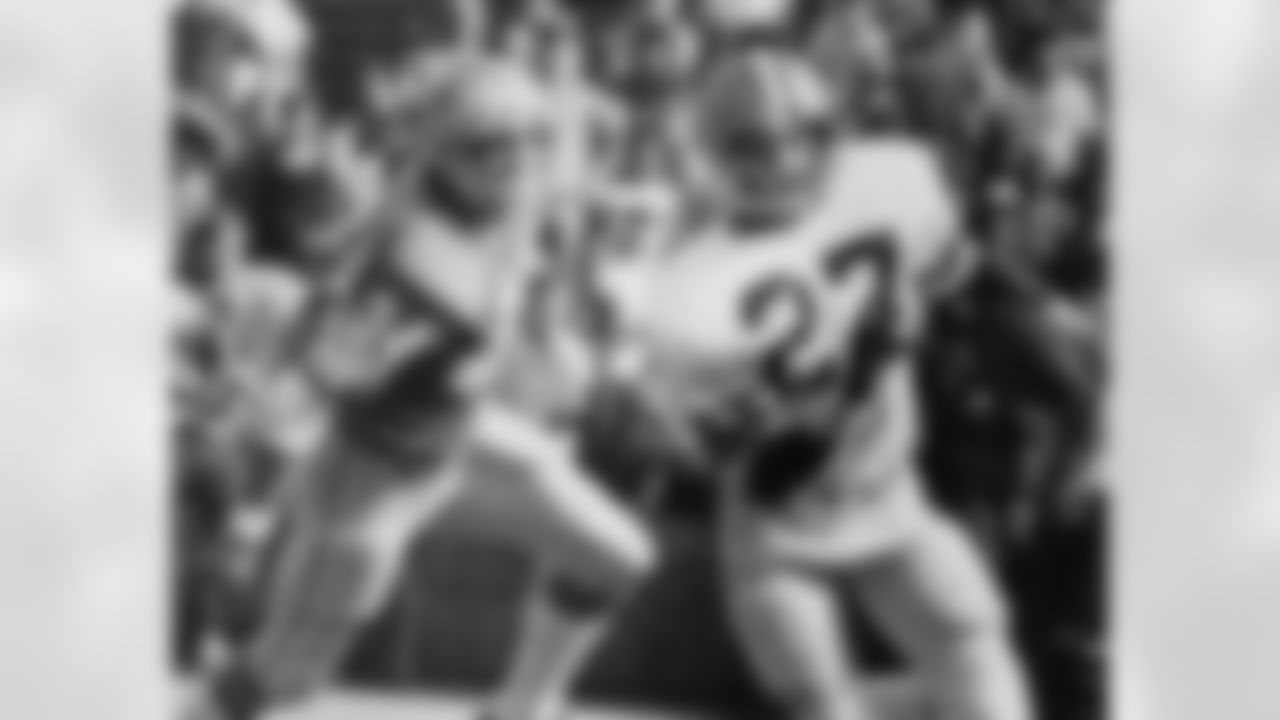
Thom Darden

Thom Darden
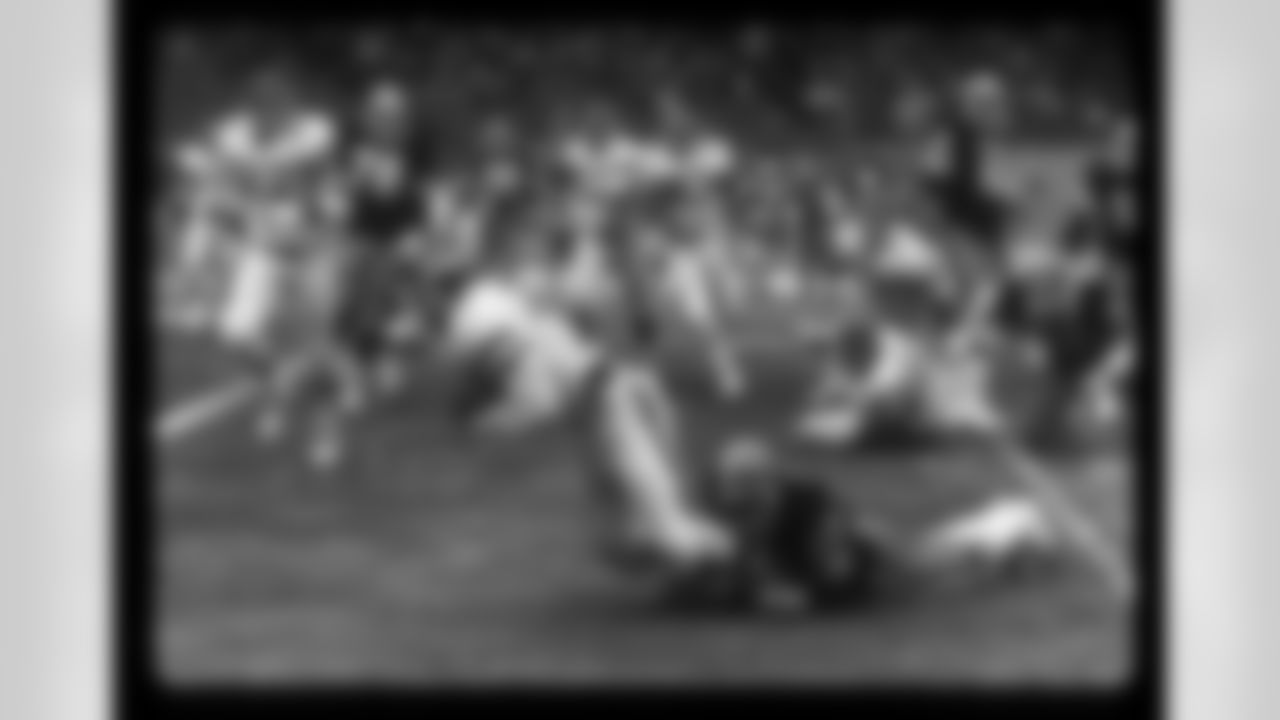
Thom Darden
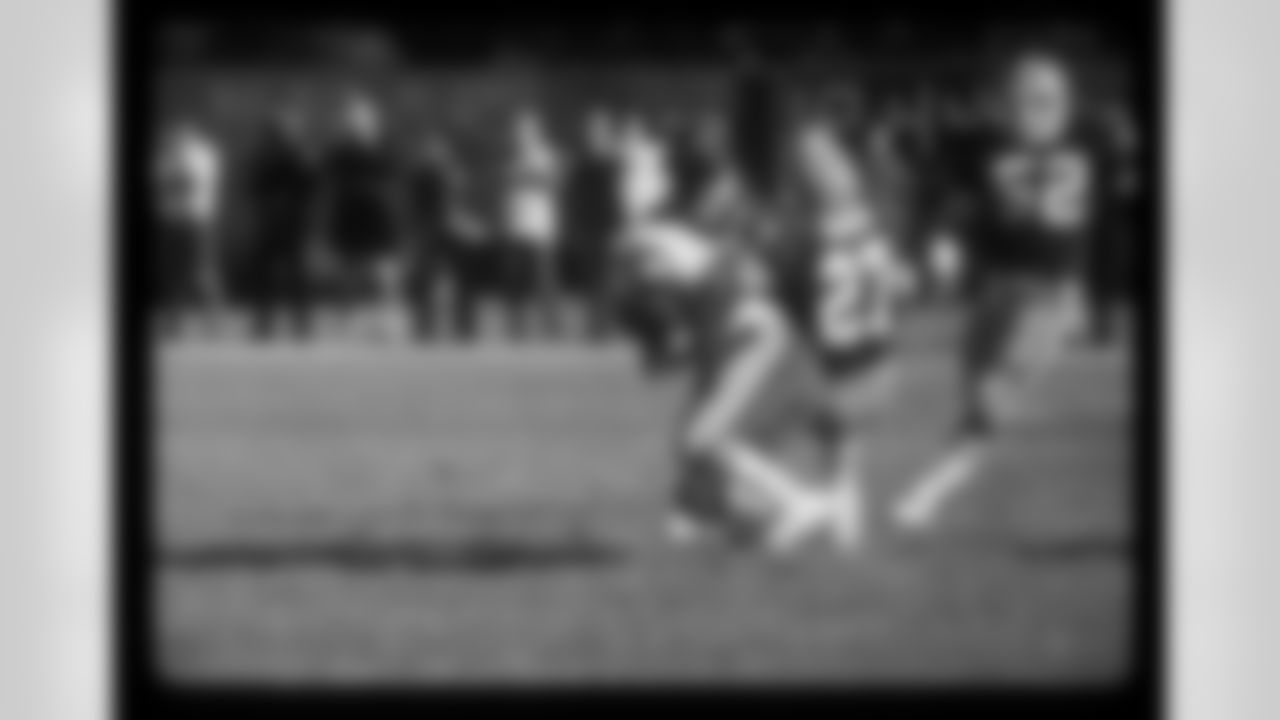
Thom Darden

Thom Darden

Thom Darden
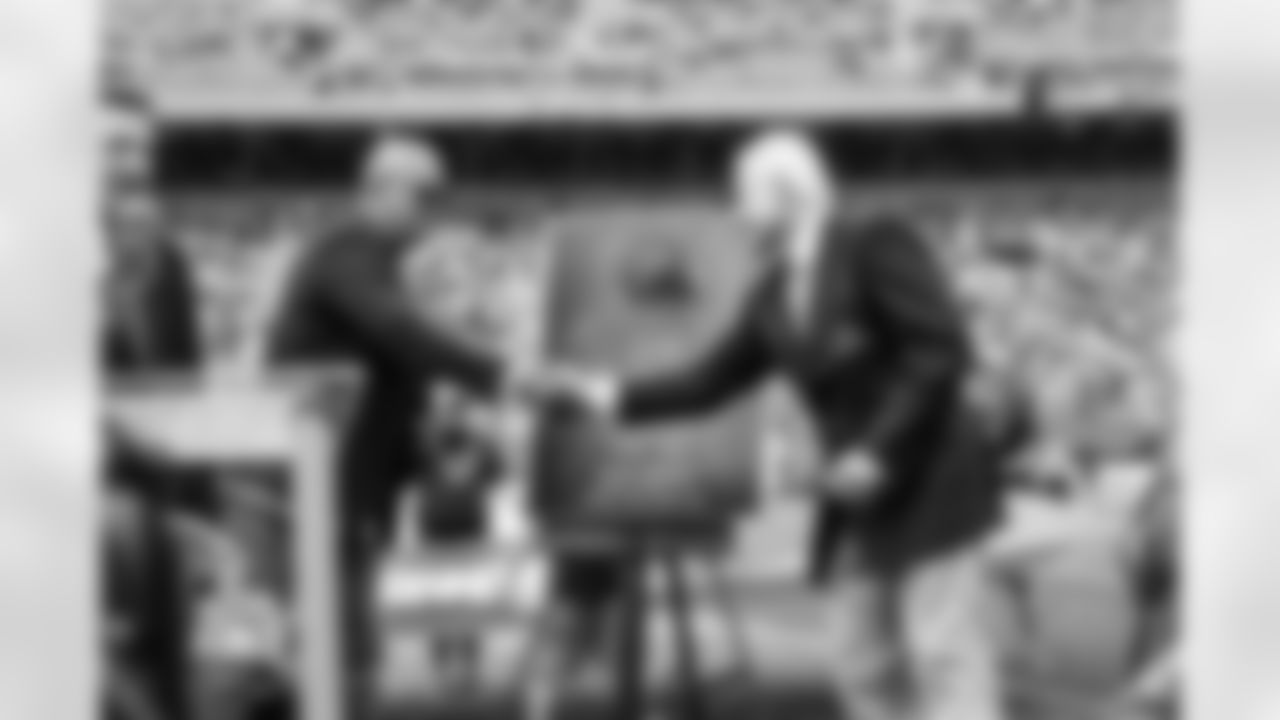
Thom Darden

Thom Darden

Thom Darden
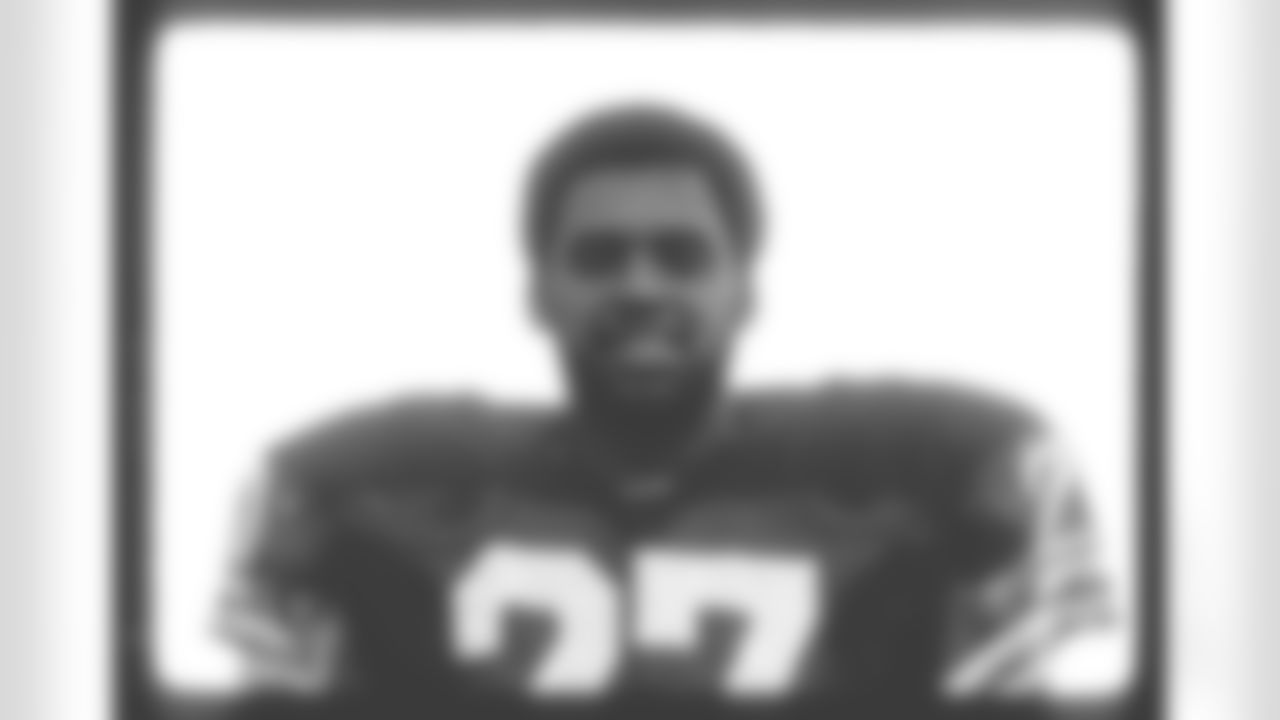
Thom Darden
Baseball was pushed aside. Football became Darden's top sport, and he became a high-flying, hard-hitting defensive player at Sandusky High School.
His commitment to football, though, came after his dad gave him a blunt message about his college future.
"Look," his dad said. "If you want to go to college, you've got to figure out a way to pay for it or get it paid for because we can't afford to send you to college."
Darden felt his stomach drop. He always wanted to leave home, which was in a segregated all-black neighborhood. He frequently found himself in fights with the white residents that lived in a separate neighborhood he needed to walk through to get to school.
He wanted to leave, and he'd do anything to do it.
Football was his gateway. He performed well enough to secure a scholarship at Michigan, which successfully lured Darden to sign despite heavy recruiting interest from Ohio State, where Buckeyes coaching legend Woody Hayes believed Darden would fit as a linebacker.
Ohio State was off Darden's list, however, when he noticed Hayes erase his name from the bottom of his recruiting chalkboard and rewrite it at the top before he walked into his office for a meeting on his visit.
"See, Thom," he remembers Hayes saying. "Here you are. You're No. 1 on our list."
Darden wasn't buying it. In the end, he didn't need to — he built a great college career under coach Bo Schembechler in Ann Arbor, where he had 218 tackles, 11 interceptions and became an All-American and All-Big Ten selection in his final two seasons.
That paved Darden's path to Cleveland, which he embraced to the fullest. He garnered three or more interceptions in seven of his 10 seasons and nearly helped push Cleveland to one of its most successful eras in franchise history.
His favorite team, though, was the Kardiac Kids. Darden, then an eight-year veteran, learned the importance of team chemistry that season, which was famous for close-game finishes that defined the team's nickname. The Browns always seemed to prevail, however, and the significance of the season has lasted with Darden forever.
"The one thing that I have learned, and it follows me both in business and in raising kids, there's a certain amount of love and, I guess you call it, opportunity that comes with a team, an organized team, especially in the sports realm," he said. "There's an intangible feeling of success that you already have. I did not play on another Browns team that had all of those intangible feelings that we had on that team. We went into every game knowing that, as long as we stayed close, regardless, somehow or another we were going to win the game at the end of the game."
Darden continued to call Cleveland home after retirement when he became a financial advisor and started his own business. He might be the Browns' all-time interceptions leader and one of the greatest defensive backs to ever don orange and brown, but he'll always remember the city for much more than football.
"Browns fans, you took a young Ohio kid from a small town and you really supported him through his growing pains," he said. "You helped him become a man. You saw the good and the bad in him and accepted him, so I thank you for that. You constantly treated us like we were family. You showed me how people in this country are supposed to love, not only as sports teams, but as fans and players. So I thank you from the bottom of my heart."














